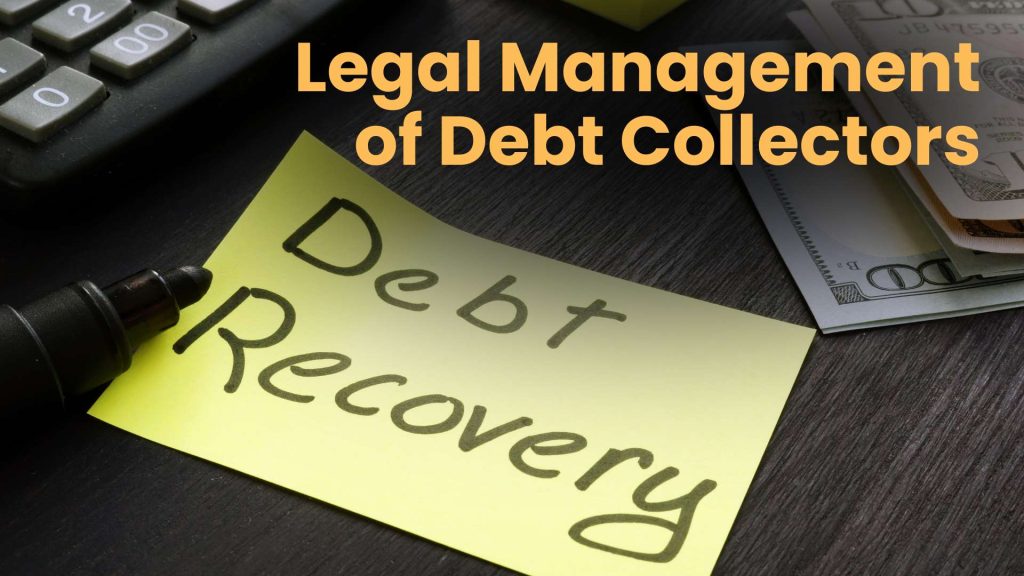<p class="demoTitle"> </p>
<p><strong><em>Legal Guide on Loan Management for Students Avoiding Default</em></strong> <br /> <br /> While student loans can be a big financial burden, knowing your rights and legal options will help you to correctly handle them and avoid default. Whether your loans are government or private, following the right rules will help you defend your credit, keep on schedule for payback, and reduce your financial load. These are fundamental legal hints meant to help you approach sensible student loan handling.<br /> <br /> <br /> <br /> <strong>1. Identify your loan terms</strong>:<br /> Before choosing any financial action, closely review your loan agreement. Review some key components here:</p>
<p><br /> kind of loan—private or federal <br /> Interest terms and loan terms <br /> Grace terms and deferral decisions <br /> Details about loan servicers <br /> <br /> Knowing your loan details can help you to make prudent loan repayments and apply legal protections at your disposal. <br /> <br /> <strong>2. Research Alternatives for Strategies of Repayment</strong>:<br /> Consider adjusting your repayment period if your payments are giving you trouble. Federal student loans include a number of options including: <br /> Your salary and family size guide monthly payments based on Plans for salary-driven repayment (IDR). <br /> Starting with modest payments increasing over time, graduated plans <br /> Extended Repayment Plans provide a longer 25-year repayment period, therefore reducing monthly payments. <br /> <br /> Private lenders could possibly offer flexible repayment plans; hence, find out from your loan servicer about such options. <br /> <br /> <strong>3. Use forbearance and deferral </strong>:<br /> If you are having financial difficulties, you could be qualified for deferment or forbearance, which momentarily reduces or delays your loan payments. <br /> Available for federal loans under circumstances of unemployment, financial trouble, military service, or school enrollment is deferment. <br /> Forbearance provides a temporary fix should you want relief from payments but are not qualified for deferral. <br /> <br /> Particularly for unsubsidized loans, be warned that interest can continue to rise over these years. <br /> <br /> <strong>4. Get in touch with your loan servicer</strong>:<br /> Ignoring issues with student loans could be lethal. Should you find difficulty paying your bills: <br /> Right now see your loan servicer. <br /> Ask about hardship relief or modified payment plans. <br /> Track all of your agreements and letters. <br /> <br /> Law mandates that federal loan servicers help borrowers look at alternatives for repayment before their loans default. <br /> <br /> <strong>5. Alert yourself to student loan fraud </strong>:<br /> Often focusing on debt alleviation or loan forgiveness, con artists Avoid companies charging upfront fees for financial advice if you want to safeguard yourself. <br /> Verifying loan forgiveness programs using official government websites (such as studentaid.gov) - Ignoring unwelcome calls or emails asking for quick cash. <br /> <br /> Free legitimate loan aid are provided by nonprofit groups as well as the U.S. Department of Education. <br /> <br /> <strong>6. Review Loan Forgiveness Programmes</strong>:<br /> Should you work in some professions or in public service, you may be qualified for loan forgiveness programs including: <br /> Available for government and non-profit employees following 120 qualifying payments, Public Service Loan Forgiveness (PSLF) grants qualified teachers up to $17,500 in forgiveness. <br /> Remaining loan balances under an IDR plan are waived after 20 to 25 years of payments. <br /> <br /> See official sources to confirm eligibility and application guidelines. <br /> <br /> <strong>7. Understand how default affects</strong> :<br /> Ignoring a student loan has legal and financial consequences as well as: <br /> Negative impact on your credit score ,<br /> Regarding federal debt, pay garnishment ,<br /> grab of tax refunds and Social Security payments ,<br /> Legal action and fees for collecting .<br /> <br /> While private loans could have different terms, federal student loans typically go into default after 270 days of non-payment. Deal with unpaid things immediately to avoid default. <br /> <br /> <strong>8. Speak with Legal Counsel Should Necessity Demand</strong> :<br /> Should student loan issues result in debt collecting harassment, pay garnishment, or legal action, consider: <br /> Legal compliance, settlement negotiations, and defense of against collecting operations can all be helped by a student loan attorney. <br /> Under Nonprofit credit counseling services these groups offer free or low-cost debt management advice; Legal aid organizationsassist low-income borrowers engaged in legal disputes. <br /> <br /> <strong>Conclusion:<br /> </strong>Although managing student loans can be challenging, knowing your legal rights and alternatives for payments will help you to stay under control. Looking at different repayment schedules, asking deferral when appropriate, and avoiding frauds can help you defend your financial future and halt default. <br /> <br /> If you owe money on your student loans, don't hesitate to seek seasoned guidance from legal or financial experts. Acting now prevents more serious financial issues later on. <br /> <br /> </p>
<p> </p>
